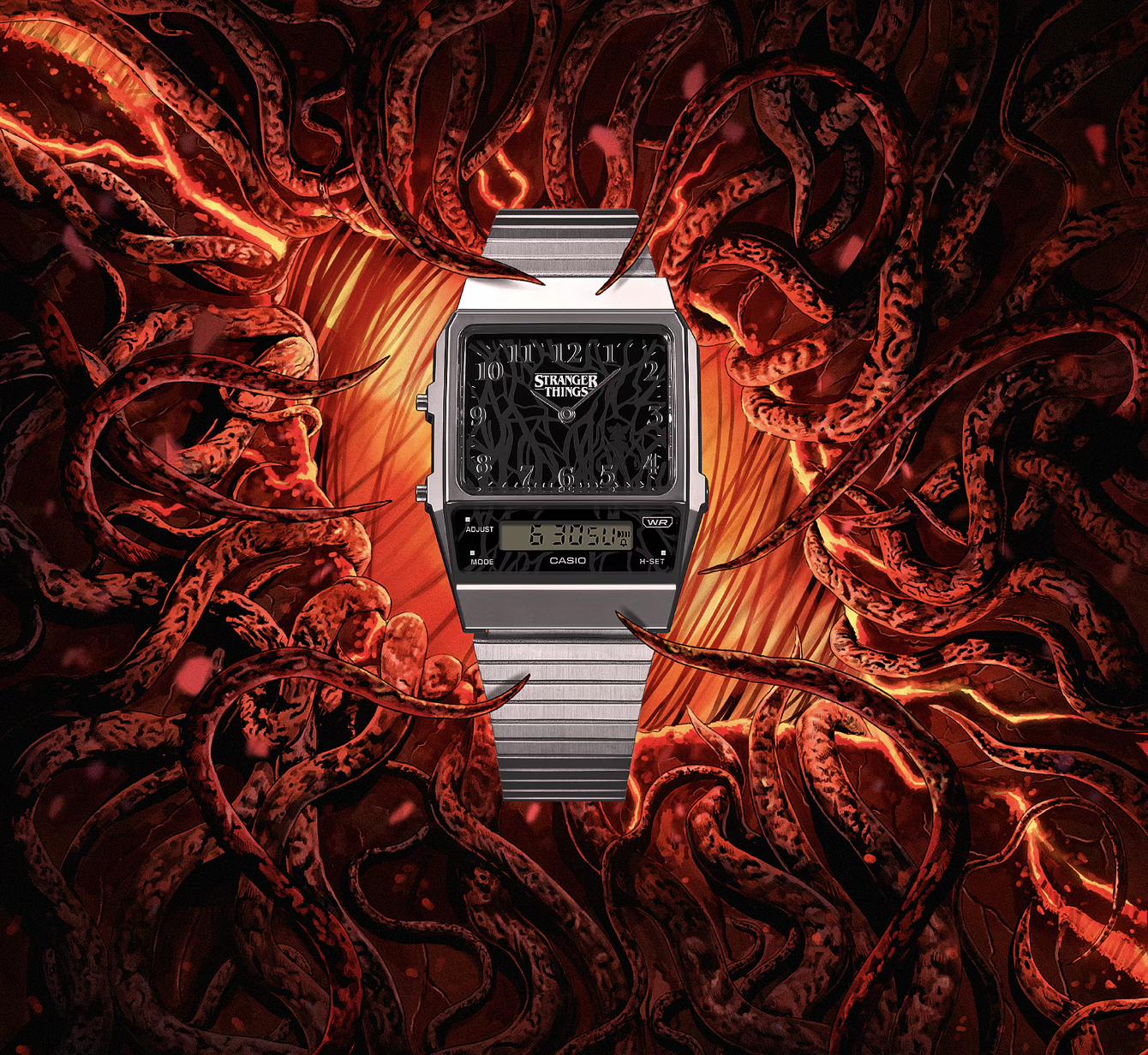Long-term dementia risk is associated with both head injury and epilepsy. However, research has thus far documented the links between post-traumatic epilepsy (PTE) and short-term cognitive outcomes.
A new JAMA Neurology study explored the associations between dementia risk and PTE.
Study: Posttraumatic Epilepsy and Dementia Risk. Image Credit: LightField Studios/Shutterstock.com
Background
PTE, which is characterized by unprovoked seizures for more than a week days after traumatic brain injury, accounts for about 5% to 20% of acquired epilepsies.
Research has shown the association between PTE and short-term cognitive, functional, and psychosocial outcomes. However, the understanding of the long-term outcomes following a PTE diagnosis is incomplete.
Epilepsy and traumatic brain injury are independently associated with long-term dementia risk. Prior research has alluded to the role of neurodegenerative mechanisms in the pathophysiology of PTE.
In light of this evidence, it is possible that persons with PTE experience worse long-term cognitive outcomes relative to those with either epilepsy or head injury alone.
About the study
For this study, data was collected from the Atherosclerosis Risk in Communities (ARIC) study, which is community-based and has been compiled over 30 years.
The risk of dementia associated with PTE was compared to the risk of dementia in three other groups, namely, head injury only, no head injury or seizure/ epilepsy, and seizure/epilepsy only.
The hypothesis was that there was a greater association between PTE and dementia compared to either head injury or seizure/epilepsy alone.
Acknowledging the fact that the dementia risk may be heterogeneous across populations and the nature of the head injury, the present study considered associations of PTE with dementia risk by race, sex, age, and head injury severity and frequency subgroups.
Study findings
In this study, individuals with PTE were seen to have an approximately 4.5-fold increase in dementia risk relative to those without epilepsy and head injury.
Around a 3-fold increase in dementia risk associated with PTE was noted after controlling for competing risks of stroke and mortality. The PTE-associated dementia risk was significantly higher than for seizure/epilepsy or head injury alone. Therefore, besides the prevention of head injuries, PTE after a head injury must also be prevented.
The current study adds to the existing literature by demonstrating strong associations between PTE and long-term dementia risk.
Another significant feature of this study is that it considers a large sample of community-dwelling individuals who were followed up for up to 30 years. The mean age of the participants was 54 years, which is also informative in the context that the highest incidence of epilepsy and head injury occurs among older individuals.
In younger individuals, the relative risk of PTE-associated dementia was higher compared to older individuals.
One explanation of this observation could be that older individuals with PTE were more likely to die before being diagnosed with dementia. This pattern was seen to persist after accounting for the competing risks of stroke and mortality.
There was no evidence of race or sex interaction in the analyses. Both PTE and head injury were seen to be more common among men in younger populations.
These differences were not present among older individuals. In the study cohort, women are more likely to have a head injury.
Furthermore, dementia risk was similar between cases of PTE that occurred after the first and second head injuries. This was also true, occurring after mild vs moderate/ severe injuries.
Limitations of the study
The study sample comprised older individuals without prior head injury at the study baseline. Therefore, the findings documented here may not be generalizable to those who sustain a head injury early on in life.
Factors, such as physical functioning and frailty were not accounted for, which could have confounded the observed associations.
The concept of head injuries associated with loss of consciousness or requiring medical care may not capture the mild injuries.
Data on key variables, such as clinical characteristics, injury mechanisms, or acute imaging findings, was also unavailable. A measure of self-reported seizure/epilepsy was not available at the study baseline, which led to defining seizure/epilepsy and PTE based on ICD-9/10 codes.
Conclusions
In sum, this study identified a higher risk of dementia among individuals with PTE, and this was significantly higher than the dementia risk among individuals with histories of seizure/epilepsy or head injury alone.
These findings suggest that PTE is associated with long-term outcomes and argue for the prevention of head injuries via public health measures.
More research should be conducted to uncover the risk factors for and underlying mechanisms in developing PTE. This will help focus efforts to prevent PTE after a head injury.








